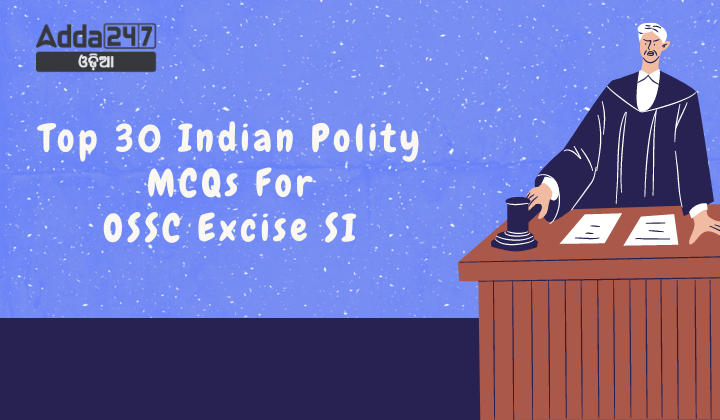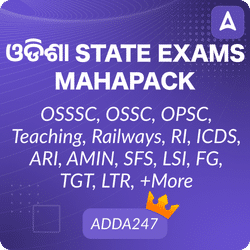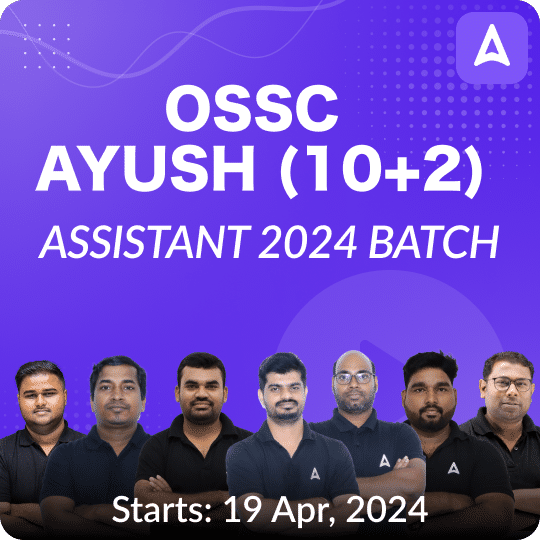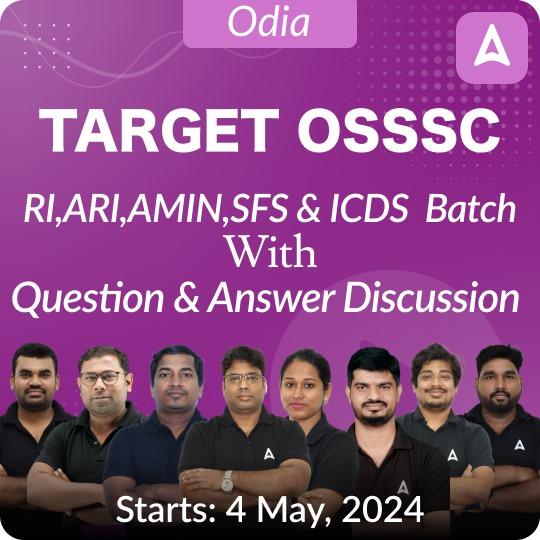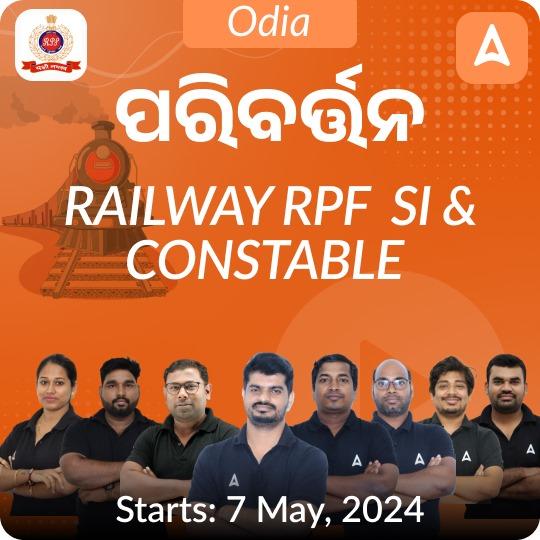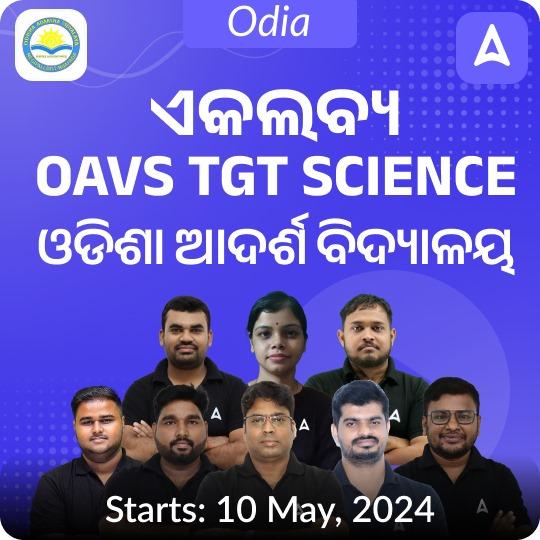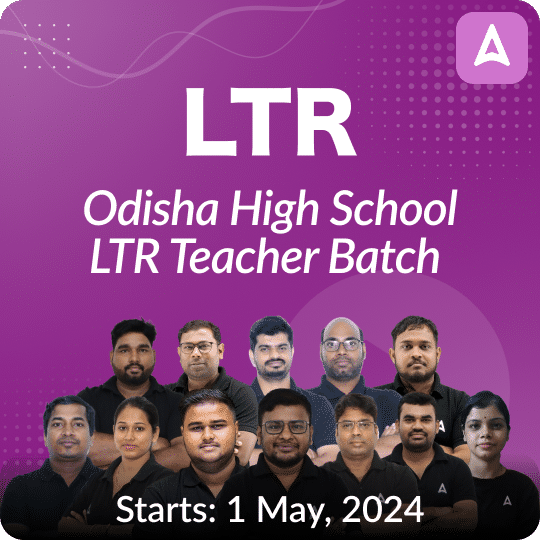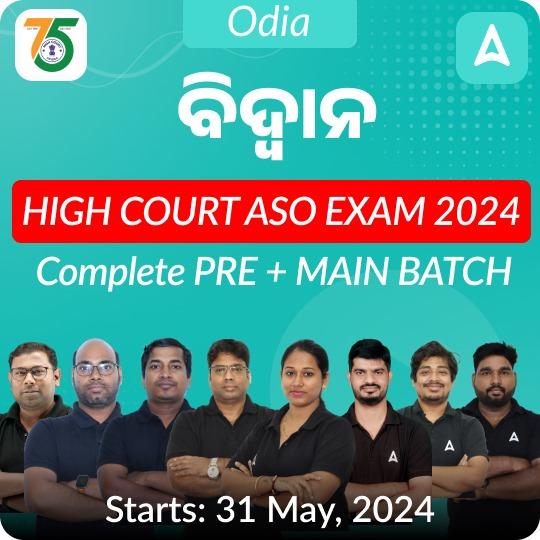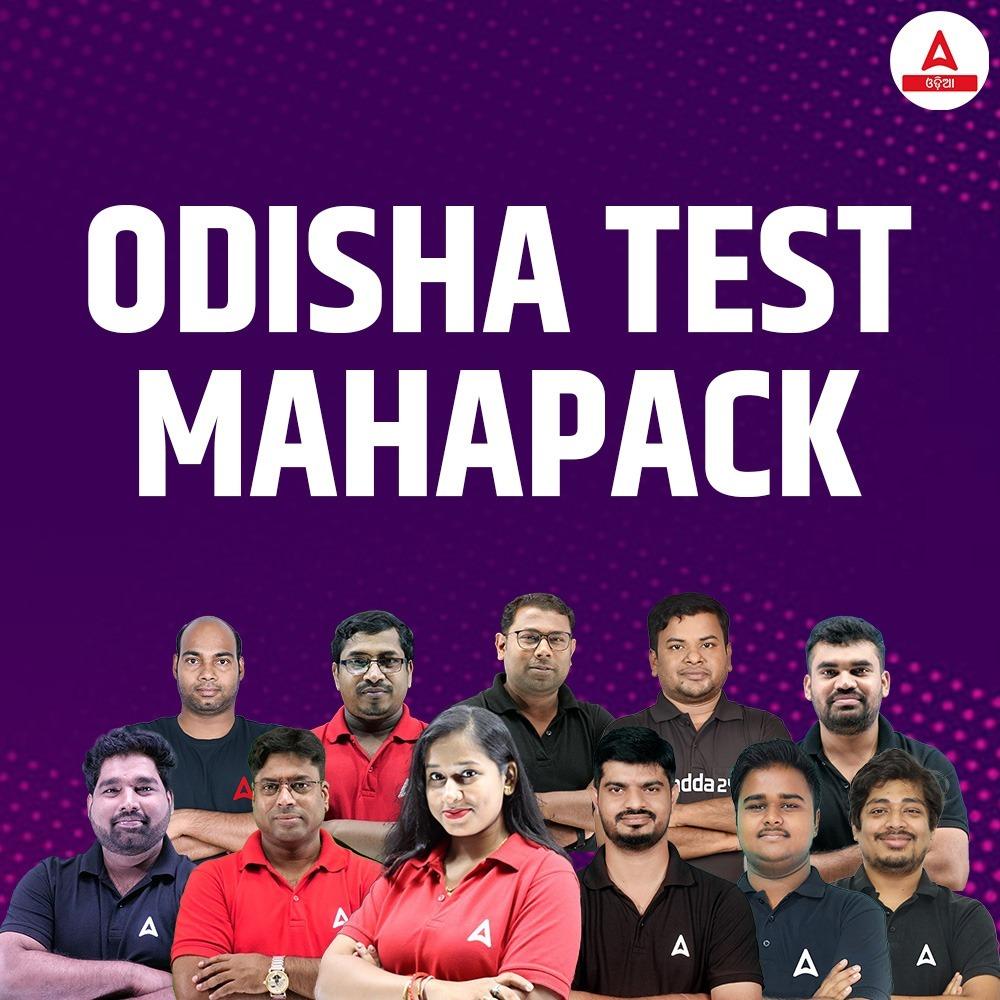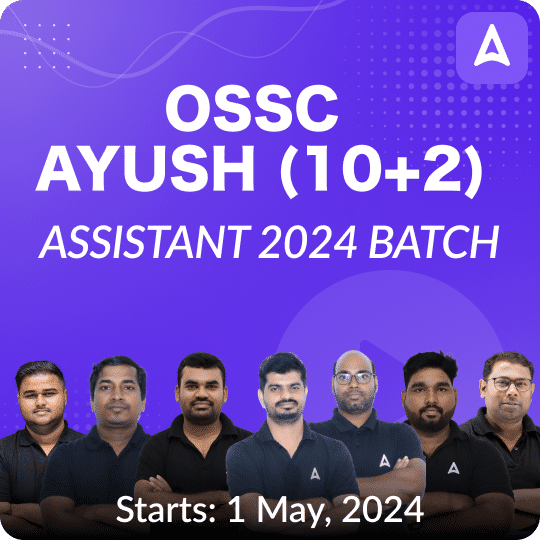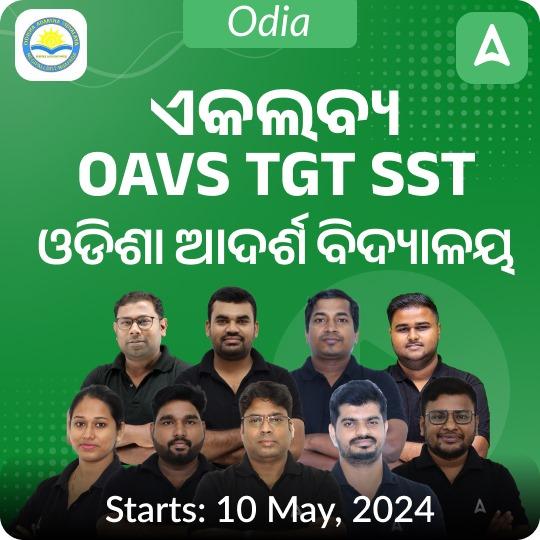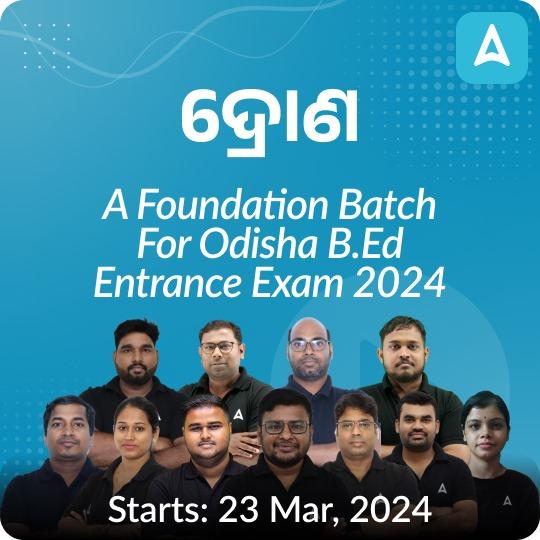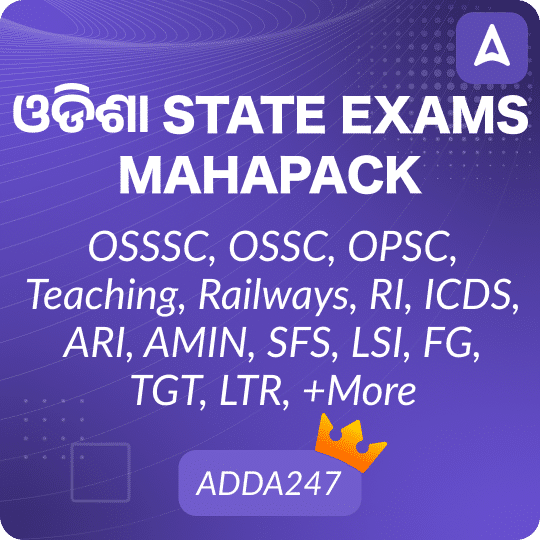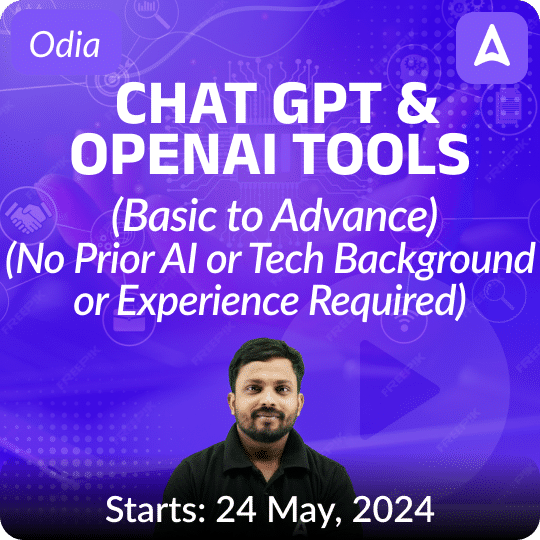Indian Polity is an essential part of the OSSC Excise SI exam, covering topics ranging from the Constitution of India to the structure and functioning of the Indian government. To help you prepare effectively, here are 30 multiple choice questions covering various aspects of Indian Polity.
Top 30 Indian Polity MCQs For OSSC Excise SI
These questions cover various aspects of Indian Polity that are crucial for the OSSC Excise SI exam. Make sure to thoroughly understand each concept and practice solving similar questions to ace the exam!
- Which of the following elections is not conducted under the supervision of the Election Commission of India?
(a) Election of the vice president of India
(b) Election of state legislatures
(c) Election of local bodies of the states
(d) Election for the Parliament
Ans: (c) Election of local bodies of the states - The Ninth Schedule to the Indian Constitution was added by
(a) First Amendment
(b) Eighth Amendment
(c) Ninth Amendment
(d) Forty-Second Amendment
Ans: (a) First Amendment - Which one among the following features of the Constitution of India is indicative of the fact that real executive power is vested in the Council of Ministers headed by the Prime Minister?
(a) Federalism
(b) Representative legislature
(c) Universal adult franchise
(d) Parliamentary democracy
Ans: (d) Parliamentary democracy - According to the Constitution of India, which of the following are fundamental for the governance of the country?
(a) Fundamental Rights
(b) Fundamental Duties
(c) Directive Principles of State Policy
(d) Fundamental Rights and Fundamental Duties
Ans: (c) Directive Principles of State Policy - Which of the following is not true regarding the Chief Election Commissioner of India?
(a) President appoints the Chief Election Commissioner of India
(b) Chief Election Commissioner of India can be appointed by the same process as applicable to a judge of the Supreme Court.
(c) Other election commissioners can be removed by the president on the recommendation of the Chief Election Commission of India.
(d) T. Swaminathan was the first Chief Election Commissioner of India.
Ans: (d) T. Swaminathan was the first Chief Election Commissioner of India. - Which of the following is not a fundamental duty for Indian citizens?
(a) To safeguard public property
(b) To protect and improve the natural environment
(c) To obey all the women
(d) To develop the scientific temper and spirit of enquiry
Ans: (c) To obey all the women - The council of ministers is responsible to the…
(a) Rajya Sabha
(b) President
(c) Lok Sabha
(d) Prime Minister
Ans: (c) Lok Sabha - Which of the following Government of India acts is called the mini constitution of India?
(a) Government of India Act 1919
(b) Government of India Act 1935
(c) Government of India Act 1915
(d) Government of India Act 1909
Ans: (b) Government of India Act 1935 - The Supreme Court of India was established on the recommendation of
(a) Pitts India Act of 1784
(b) Regulating Act of 1773
(c) Charter Act of 1793
(d) Charter Act of 1813
Ans: (b) Regulating Act of 1773 - Which article of the Indian Constitution deals with constitutional amendments?
(a) Article 332
(b) Article 386
(c) Article 368
(d) None of the above
Ans: (c) Article 368 - In which Constitutional Amendment Act was Goa made a full-fledged State with a State assembly?
(a) 43rd Constitutional Amendment Act, 1977
(b) 44th Constitutional Amendment Act, 1978
(c) 56th Constitutional Amendment Act, 1987
(d) 57th Constitutional Amendment Act, 1987
Ans: (c) 56th Constitutional Amendment Act, 1987 - In which Constitutional Amendment Act was an authoritative text of the Constitution in Hindi provided to the people of India by the President?
(a) 57th Constitutional Amendment Act, 1987
(b) 58th Constitutional Amendment Act, 1987
(c) 59th Constitutional Amendment Act, 1988
(d) 61st Constitutional Amendment Act, 1988
Ans: (b) 58th Constitutional Amendment Act, 1987 - Which Constitutional Amendment Act provided reservation in admissions in private unaided educational institutions for students belonging to scheduled castes/tribes and other backward classes?
(a) 93rd Constitutional Amendment Act, 2005
(b) 92nd Constitutional Amendment Act, 2003
(c) 94th Constitutional Amendment Act, 2006
(d) 95th Constitutional Amendment Act, 2009
Ans: (a) 93rd Constitutional Amendment Act, 2005 - Which constitutional amendment reduced the voting rights from 21 years to 18 years?
(a) 54th
(b) 36th
(c) 62nd
(d) 61st
Ans: (d) 61st - Under which constitutional amendment Bill were four languages: Bodo, Dogri, Maithili, and Santhali added in the 8th schedule of the Indian constitution?
(a) 89th
(b) 92nd
(c) 90th
(d) 95th
Ans: (b) 92nd - Which of the following amendments was passed during the emergency?
(a) 45th Amendment
(b) 50th Amendment
(c) 47th Amendment
(d) 42nd Amendment
Ans: (d) 42nd Amendment - In which of the following amendments was the term of Lok Sabha increased from 5 to 6 years?
(a) 40th Amendment
(b) 42nd Amendment
(c) 44th Amendment
(d) 46th Amendment
Ans: (b) 42nd Amendment - Which of the following is true about the Constitution (42nd Amendment) Act, 1976?
(a) Precedence to directive principles over fundamental rights
(b) Fundamental duties are included
(c) Constitutional amendment should not be questioned in any court
(d) All the above
Ans: (d) All the above - Which amendment Act makes the right to education a fundamental right for all children under the age of 6-14 years by inserting Article 21A into the Constitution?
(a) 87th amendment, 2003
(b) 86th amendment, 2002
(c) 88th Amendment, 2003
(d) 89th Amendment, 2003
Ans: (b) 86th amendment, 2002 - For what period is the Advocate General of the State appointed?
(a) 5 years
(b) 6 years
(c) Decided by the President
(d) No fixed tenure
Ans: (d) No fixed tenure - To whom does the Advocate General of the State submit his resignation?
(a) Chief Judge of the high court of the state
(b) Governor of the respective state
(c) President of India
(d) Chief Minister of the state
Ans: (c) President of India - Which article states that each state shall have an Advocate General?
(a) Article 194
(b) Article 177
(c) Article 197
(d) Article 165
Ans: (d) Article 165 - Which statement is NOT correct regarding the Advocate General of the State?
(a) He has the right of audience in any Court in the State Legislative
(b) The Advocate General is the first law officer of a State.
(c) He receives the Pay as per fixation by Government.
(d) He has the voting right in the state legislature.
Ans: (d) He has the voting right in the state legislature. - What is the salary of the Advocate General of the State?
(a) 90,000/month
(b) 1,20,000/month
(c) Remuneration not fixed by Constitution
(d) As decided by the President
Ans: (c) Remuneration not fixed by Constitution - Which article of the Indian constitution protects civil servants from politically motivated or vindictive actions?
(a) Article 109
(b) Article 19
(c) Article 311
(d) None of the above
Ans: (c) Article 311 - Who has the right to start an Indian service?
(a) Rajya Sabha
(b) Lok Sabha
(c) Parliament
(d) President
Ans: (a) Rajya Sabha - Civil Services Day is observed on:
(a) 23 April
(b) 21 July
(c) 4 November
(d) 21 April
Ans: (d) 21 April - Which Ministry/Authority has the right to remove incompetent, inefficient, and unproductive All India Service officers after 15 years of service?
(a) Ministry of Personnel, Public Grievances and Pensions
(b) Ministry of Home Affairs
(c) Parliament
(d) State Government
Ans: (a) Ministry of Personnel, Public Grievances and Pensions - The members of the UPSC are appointed by the…………. for the term of ……years.
(a) Prime Minister, 6 years
(b) President, 6 years
(c) President, 5 years
(d) Home Minister, 6 years
Ans: (b) President, 6 years - Which article of the Indian Constitution establishes the provision for the Finance Commission in India?
A. Article 275
B. Article 280
C. Article 265
D. Article 360
Correct Answer: B. Article 280

